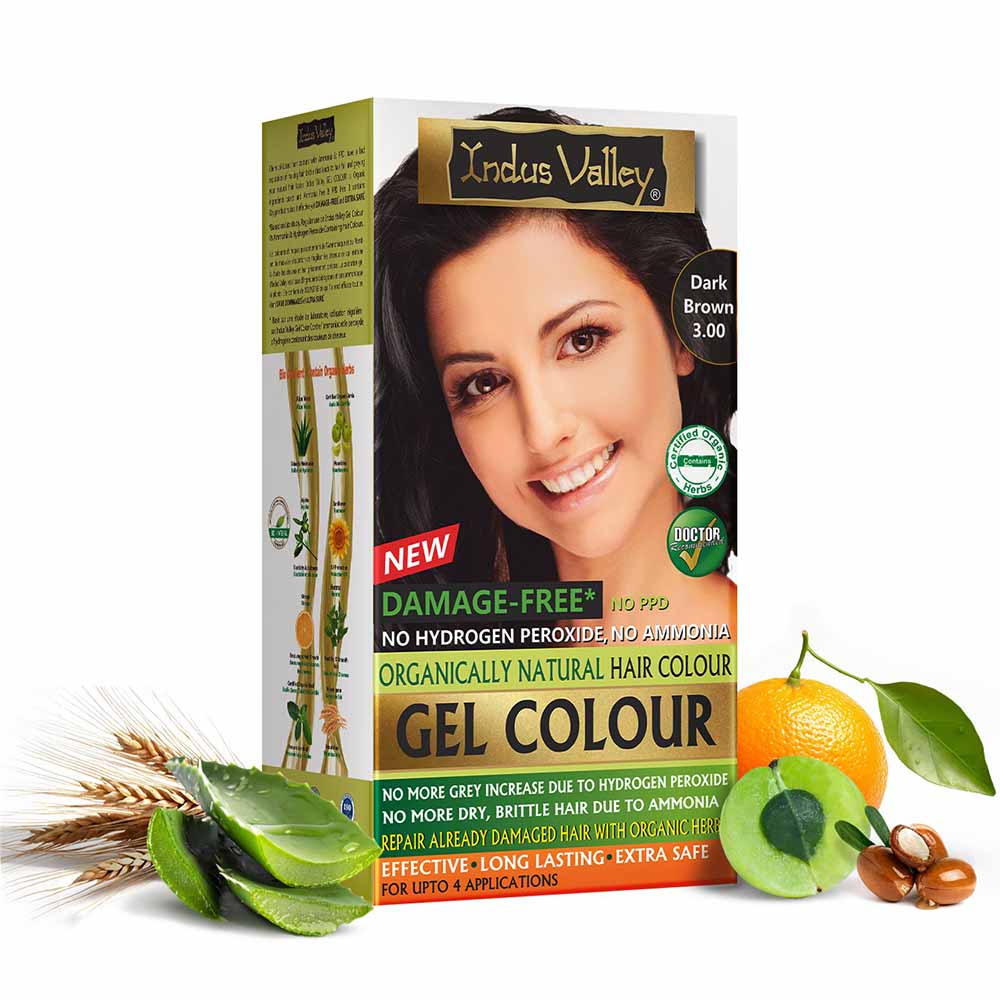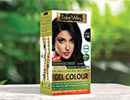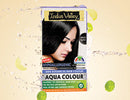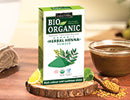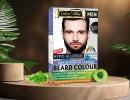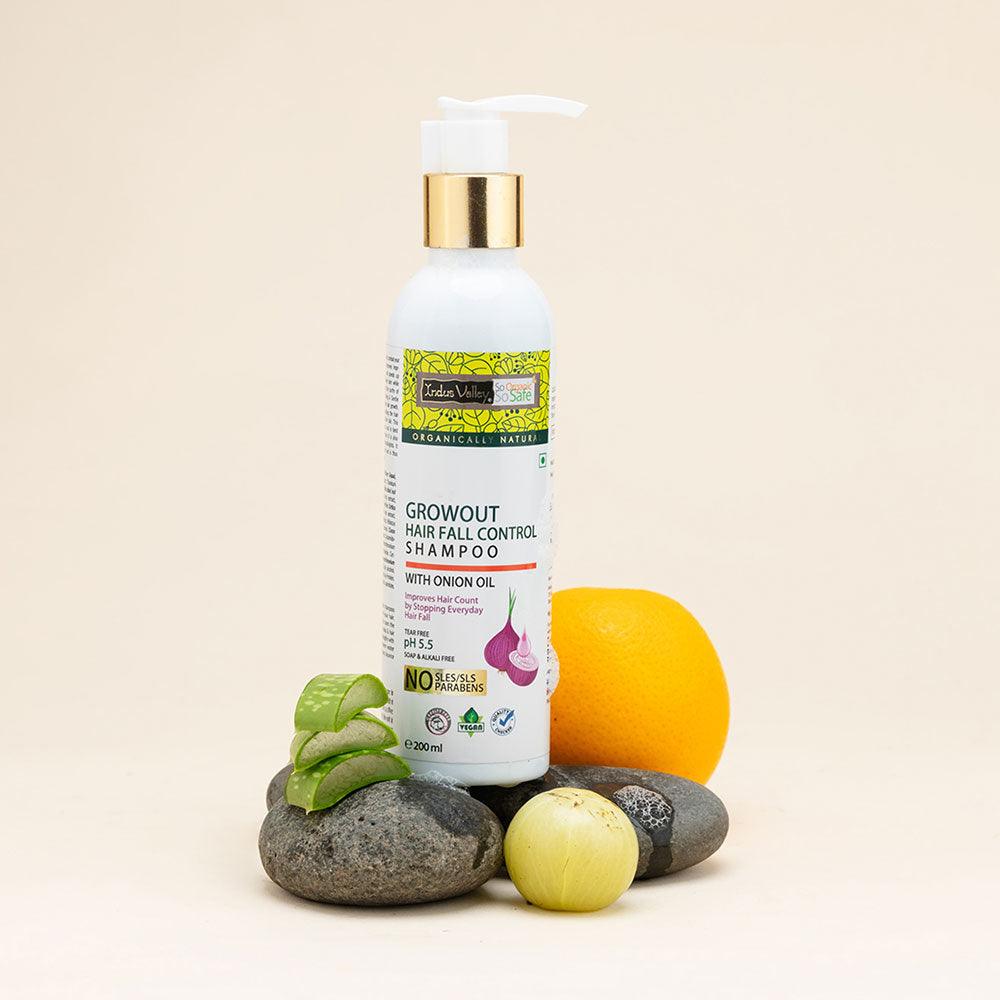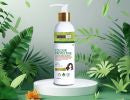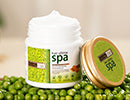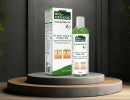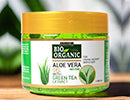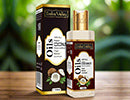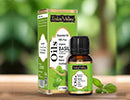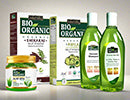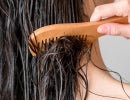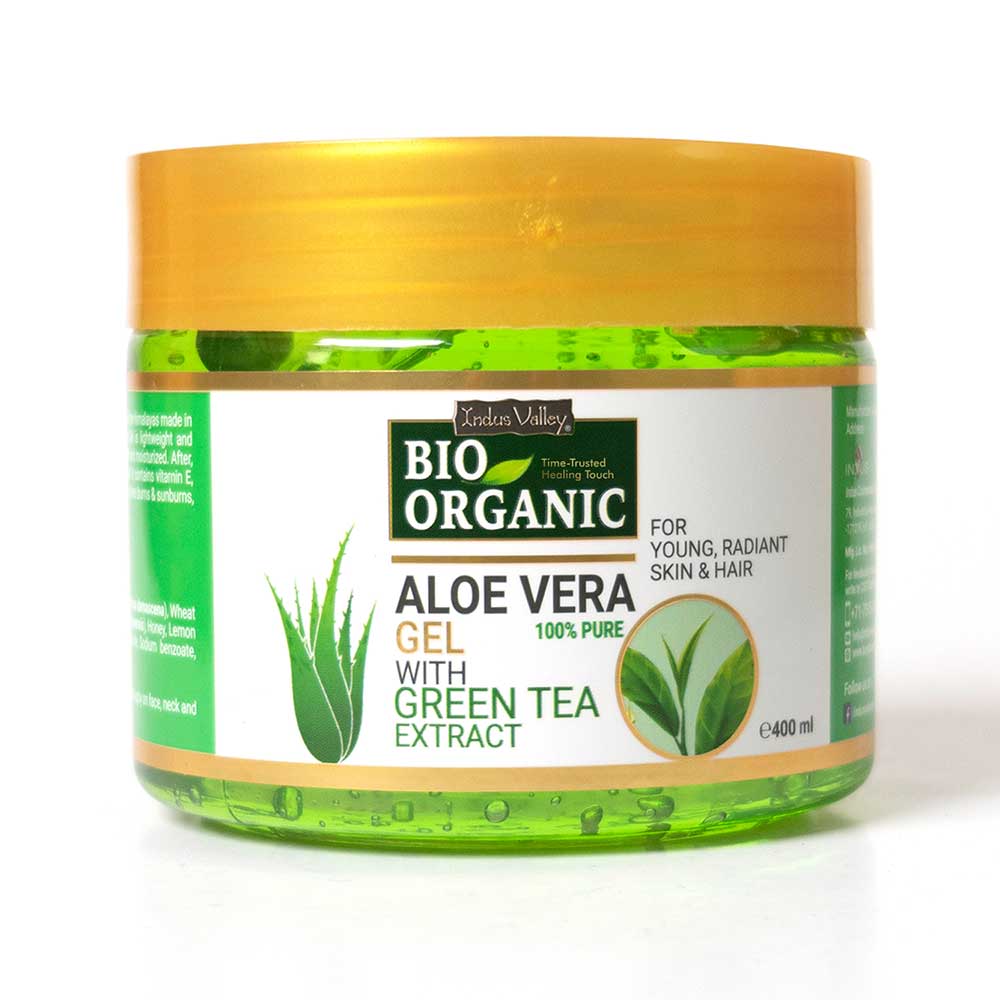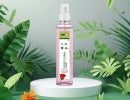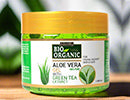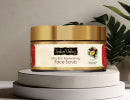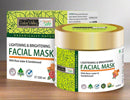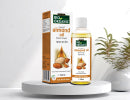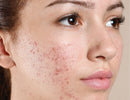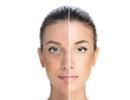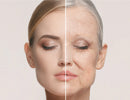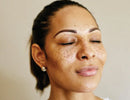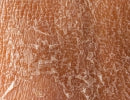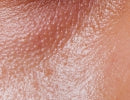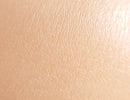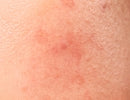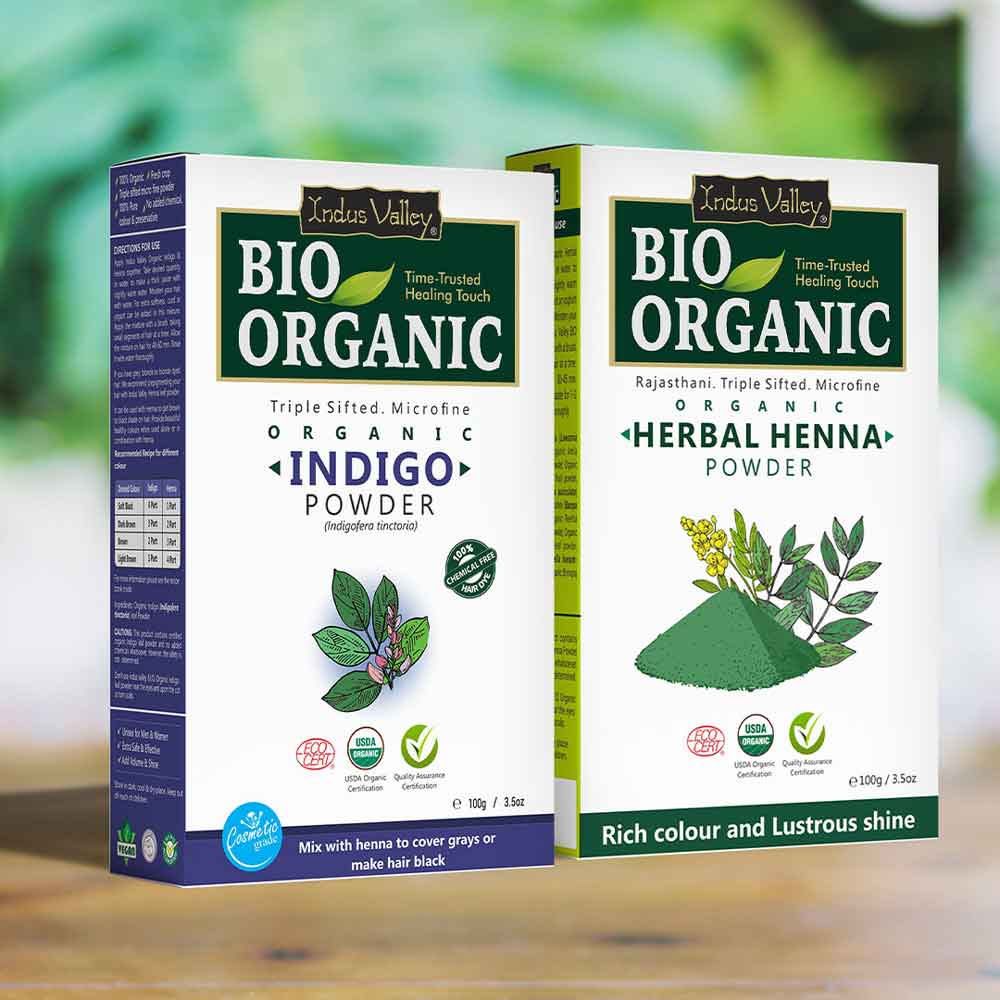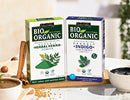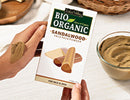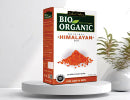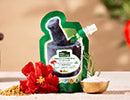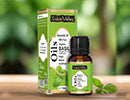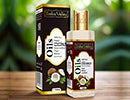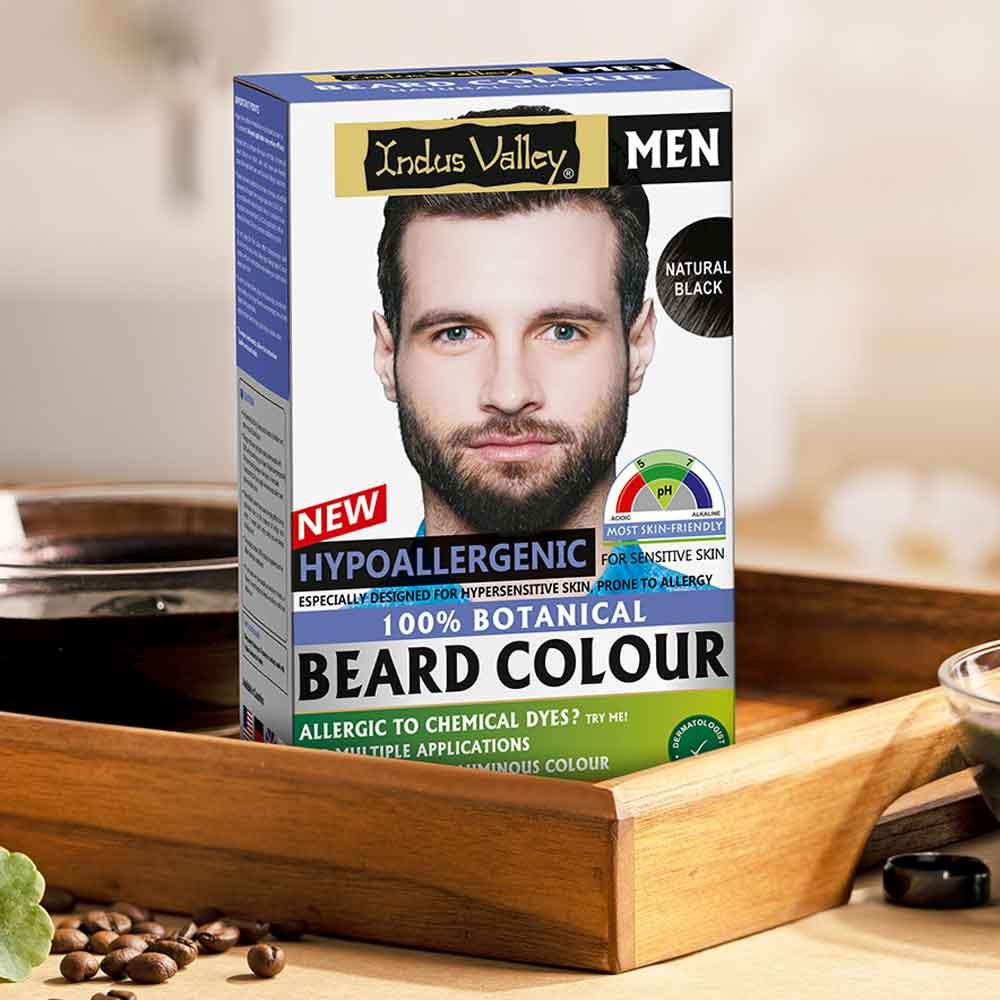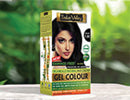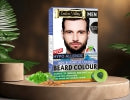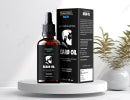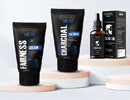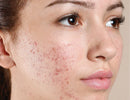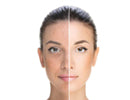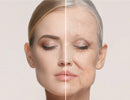First and foremost, you must understand the difference between moisturization and hydration. While moisturization is essentially done through oil based solutions, hydration simply means using water based solutions to add water to the skin. Oil based solutions could end up clogging your skin pores, especially those of the facial skin, while water based solutions most likely won’t.
So, Which is the Best Water Based Hydrator For the Skin?
Well! The best of them all is pure and organic aloe vera gel for the skin. You can either scrape it off the split open leaves of any fully grown aloe vera plant, or you can buy its certified organic version from a known brand you can trust. But before buying the stuff from the market, online or offline, make sure to check up its ingredients. There are a few brands which are offering super-enriched blends of organic aloe vera gel with skin-caring herb extracts of tea tree, rose water, wheatgerm, honey and lemon peel, supported by harmless organic compounds for extending the shelf life. You can go for these to hydrate not just your facial skin, but also that of your body.
How to Use Organic Aloe Vera Gel For Hydrating Dry Skin During Winters?
Apply aloe vera gel directly over your pre-cleaned skin every morning and night. Preferably, apply it generously right after taking a bath in the morning, and after skin cleansing right before going off to bed. Don’t be afraid of it going all greasy and heavy on your skin, as aloe vera gel gets quickly absorbed and it is non-comedogenic, so it won’t clog your pores either. Try following this ritual diligently everyday for best results.
Use an sunscreen aloe vera gel preferably with broad-spectrum protection against both the UVA and UVB rays of the sun. Take generous dabs of it and apply it all over your skin that you feel could get exposed to the elements of nature during the day. Not many people realize that the winter sun can be as harmful as the summer sun. Besides, this would also protect you from snow glares.
And, last but not least, keep an enriching facial toner handy. Just spray it on before re-applying your aloe vera sun guard in case you accidentally wash it off.
A Few Things to Avoid During Winters if You Have a Dry Skin
Handling dry skin during winters can be tricky. So, you must thoroughly understand the way the skin works before exposing it to any special treatments. Make sure to avoid the following:
- Hot Baths - hot baths tend to break away the lipid barriers of the skin which leads to a lot of unnecessary moisture loss, resulting in the drying up the skin even more. So, in all possibilities, try taking a bath in only lukewarm water and avoid using hot baths.
- Wet Gloves and Socks - do you think that using wet gloves and socks could put back water into your skin? Then you need to think twice. Using wet coverings over your skin could only lead to more bacterial and fungal infections so you need to steer clear of these either.
- Drinking Water in Excess - drinking water up to a certain quantity is good for your body, but it will do nothing for your skin. Your skin is not made in a way that it would suck up water from your stomach to stay hydrated. So avoid giving in to such misconceptions. Keep drinking water only to keep your bowels clear.
- Harsh Facial Peels and Scrubs - during winters it is always good to exfoliate the dead skin cells so that the hydrator can seep deep inside, but using harsh peels and scrubs for it cannot be good, as it can only lead to unnecessary abrasions and lesions. Go for herbal and natural exfoliants instead.
- Dry Air Indoors Due to Heaters and Blowers - using heaters and blowers indoors leads to the sucking out of moisture from the air which may lead to the further drying up of the skin. If you are unable to go without your heaters and blowers, keeping your skin hydrated at all times would be a good idea.
A Few Natural and Organic Oils That You Can Use During Winters
Naturalists and dermatologists recommend a few oils that you can use to moisturize your skin like avocado oil and almond oil. Make sure that they are cold pressed and pure organic. Use them regularly to massage your whole body. You can also use them for making exotic pleasurable baths.
A few essential oils like evening primrose oil, rosemary oil and rosehip oil are also recommended for moisturizing the skin. Create your own DIY face masks with these to keep your skin soft and supple. And apply your masks weekly for best results. The essential oils must be steam distilled in copper vessels with the essence and nutrients of the flowers intact.
Feel free to talk to our health and beauty experts for more on this. In case you have your own insights to share with us, feel free to do that as well. Till then, stay natural…stay beautiful!




